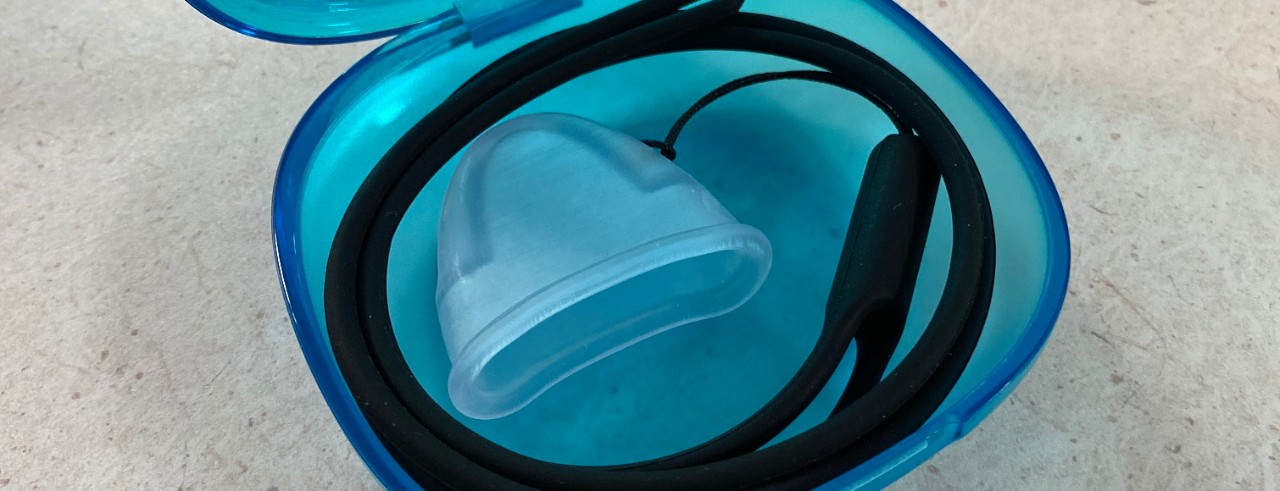
Action News 5: PEP Buddy helps people breathe easier
UC Venture Lab-backed startup aims to help people affected by COPD
A hands-free device developed by researchers at the University of Cincinnati could help the 12.5 million Americans who have chronic obstructive pulmonary disease breathe easier, Action News 5 in Memphis, Tennessee, reported.
PEP Buddy, a UC Venture Lab-backed startup, was created by Muhammad Ahsan Zafar, MD, and Ralph J. Panos, MD.
With COPD, it takes longer for people to get inhaled air out of their lungs. With each breath, extra air is retained in the lungs. This “air stacking” during activities (dynamic hyperinflation) is the primary reason for breathlessness in people with COPD and also leads to decreased oxygen levels.
PEP Buddy gives a gentle back pressure while the user breathes out, which assists in keeping open air tubes in the lungs and preventing them from collapsing. The device also prolongs the exhalation phase and reduces the breathing rate, decreasing the effects of air stacking.
“It’s just simply placed in the mouth, one breath in through the nose, and then out through the device. That resistance to airflow creates the back pressure, which relieves the air trapping and dynamic hyperinflation,” Panos said.
Featured image at top: PEP Buddy device. Photo/PEP Buddy
Innovation Lives Here
The University of Cincinnati is leading public urban universities into a new era of innovation and impact. Our faculty, staff and students are saving lives, changing outcomes and bending the future in our city's direction. Next Lives Here.
Related Stories
Faculty Awards 2021: Kenneth Sherman
April 8, 2021
Kenneth E. Sherman, MD, PhD, is Gould Professor of Medicine and Director of the UC Division of Digestive Diseases in the Department of Internal Medicine. He is this year recipient of the University of Cincinnati Distinguished Research Professor Award.
Finding community and building a future
July 9, 2021
As a University of Cincinnati College of Medicine student, Sarah Appeadu, MD, ’21, remembers journaling on the “3 Cs” that got her through medical school: Community, community, community. Now, when she lists the people who supported her through four years of training—the last year in a global pandemic—it keeps growing: her family, her church, her classmates, and the college’s Office of Student Affairs and Office of Diversity, Equity and Inclusion. “I look back and it was such a crucial time to really be nurtured in that way,” she says. “I’m so thankful that I had those people. It shows being around the right people really mattered. That’s my same hope for residency even.”
New York Times: Flint Weighs Scope of Harm to Children Caused by Lead in Water
February 1, 2016
Kim Dietrich, a professor of environmental health at UC's College of Medicine, is quoted in this story on the medical problems that could develop among the thousands of young children exposed to lead-contaminated water in Flint, Mich.
